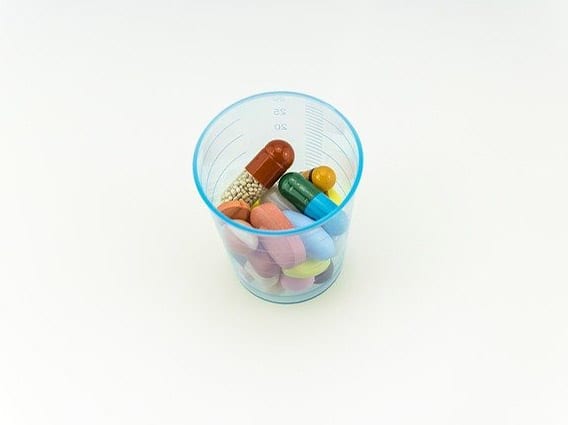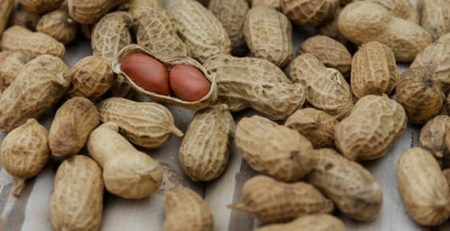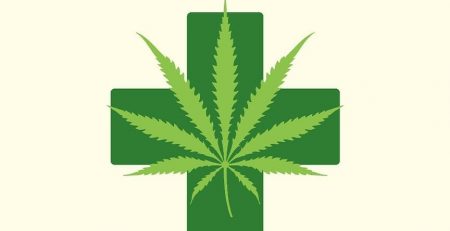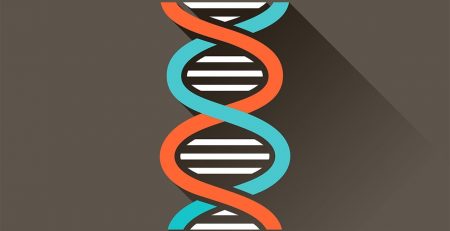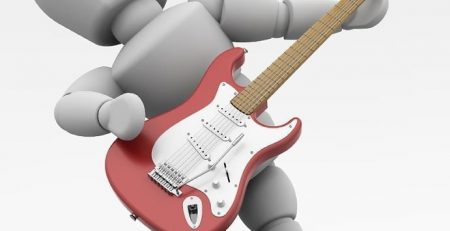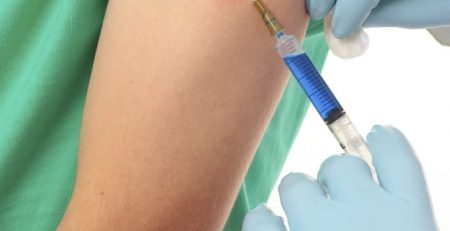Non-Antibiotic Drugs Found to Promote Antibiotic Resistance
Common non-antibiotic medications like anti-inflammatories and lipid-lowering cholesterol drugs may accelerate the spread of antibiotic resistance, according to a new study out of the University of Queensland. The study, led by University of Queensland’s Advance Water Management Centre’s Associate Professor Jianhua Guo, said non-antibiotic pharmaceuticals “made up more than 95% of the drug worldwide yet their effects on antibiotic resistance was largely unknown,” according to a statement from the university.
“When we think of antibiotic resistance, we often link it to the intensive use of antibiotics for medical, veterinary or agricultural purposes,” Guo said. “We started wondering if non-antibiotic pharmaceuticals may also play a role in the spread of antibiotic resistance through bacterial transformation. Antibiotic resistance occurs and spreads when bacteria uptake free-living antibiotic resistance genes (ARGs) via bacterial transformation in response to the use of antibiotics.”
Guo and PhD student Yue Wang tested six of the most widely used non-antibiotic prescription and non-prescription medications to see if they changed the antibiotic resistance of the common hospital pathogen Acinetobacter baylyi. They found that nonsteroidal anti-inflammatories, like ibuprofen, a lipid-lowering drug, and a beta-blocker all “significantly promoted the bacterial transformation.”
Guo told IFLScience.com that these drugs cause the overproduction of reactive oxygen species, which are chemicals that can damage the membranes of bacterial cells. In some instances this may kill the bacteria, but in others, where the damage is more moderate, the membranes become more permeable, “increasing bacterial uptake of environmental DNA, including antibiotic-resistances genes shed by other bacteria.”
He also acknowledged that additional animal tests are required, but thinks that pharmaceutical development needs to take this problem into account in order to mitigate drug side effects.




